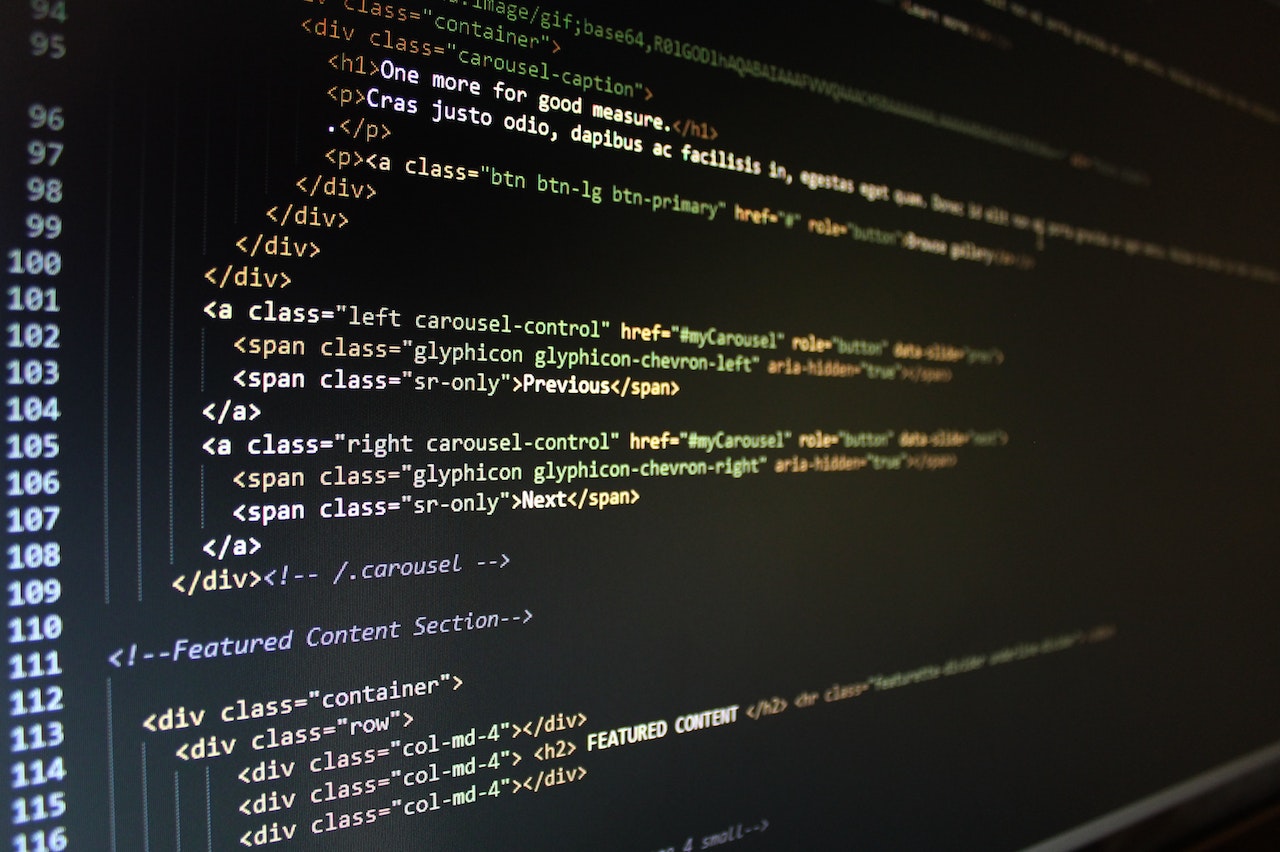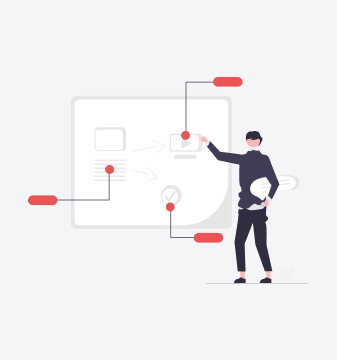The transformative power of artificial intelligence (AI) is revolutionizing the way businesses connect with their audiences. As a professional seeking to upskill in the dynamic field of digital marketing, it’s essential to understand the profound impact AI is having on marketing strategies for businesses across the United States.
In this blog, we will explore how AI is reshaping the digital marketing landscape, empowering businesses to deliver personalized experiences, enhance targeting and segmentation, automate processes, and make data-driven decisions. So, fasten your seatbelts as we embark on an exciting journey through the game-changing implications of AI on digital marketing strategies!
Personalization and Customer Experience
AI empowers businesses to deliver personalized and seamless customer experiences by analyzing vast amounts of data and providing valuable insights. Here’s how AI is reshaping personalization in digital marketing:
- Predictive Analytics: AI algorithms analyze customer data to predict individual preferences, behaviors, and purchasing patterns, enabling businesses to personalize their marketing messages and offers.
- Chatbots and Virtual Assistants: AI-powered chatbots and virtual assistants provide instant and personalized customer support, improving engagement and satisfaction.
- Recommendation Systems: AI algorithms analyze customer preferences and behaviors to deliver personalized product recommendations, enhancing cross-selling and upselling opportunities.
Enhanced Targeting and Audience Segmentation
AI-driven technologies enable businesses to precisely target and segment their audiences, optimizing marketing efforts and improving ROI. Here’s how AI impacts targeting and segmentation:
- Advanced Data Analysis: AI algorithms can process vast amounts of data from multiple sources, enabling businesses to identify specific audience segments based on demographics, interests, and behaviors.
- Lookalike Audiences: AI algorithms can identify patterns in customer data and create “lookalike” audiences, expanding the reach of digital marketing campaigns to similar potential customers.
- Dynamic Ad Personalization: AI can dynamically optimize ad content based on real-time user behavior, delivering personalized ads to specific segments and improving ad performance.
Intelligent Content Creation and Curation
AI technologies are revolutionizing content creation and curation, enabling businesses to create engaging and relevant content at scale. Here’s how AI impacts content marketing:
- Natural Language Generation (NLG): AI-powered NLG tools can generate high-quality content, such as product descriptions, blog posts, and social media captions, saving time and resources.
- Content Recommendations: AI algorithms can analyze user preferences and behaviors to deliver personalized content recommendations, enhancing user engagement and increasing content consumption.
- Content Optimization: AI tools can analyze content performance and suggest optimization strategies, such as headline variations, image selection, and SEO improvements.
Data-driven Decision Making

AI empowers businesses to make data-driven decisions by providing valuable insights and predictive analytics. Here’s how AI impacts decision making in digital marketing:
- Predictive Analytics: AI algorithms can analyze historical data to predict customer behavior, sales trends, and campaign performance, enabling businesses to make informed decisions and allocate resources effectively.
- Real-time Monitoring: AI-powered tools can monitor and analyze real-time data, such as website traffic, social media mentions, and campaign performance, providing instant insights for agile decision making.
- A/B Testing and Optimization: AI algorithms can automate the process of A/B testing by continuously optimizing marketing campaigns based on performance data, ensuring maximum impact and return on investment.
Marketing Automation and Efficiency
AI-driven automation streamlines marketing processes, improves efficiency, and enables businesses to scale their digital marketing efforts. Here’s how AI impacts marketing automation:
- Email Marketing Automation: AI-powered tools can automate email campaigns, from segmentation and personalization to send-time optimization, increasing efficiency and engagement.
- Social Media Management: AI algorithms can automate social media scheduling, content posting, and even social listening, saving time and improving social media marketing strategies.
- Ad Campaign Optimization: AI-powered tools can optimize ad campaigns in real-time based on performance data, adjusting bids, targeting, and creatives, improving campaign efficiency and cost-effectiveness.
Conclusion
As professionals looking to upskill in digital marketing, embracing AI and staying updated with the latest AI-driven tools and techniques will empower you to navigate the ever-evolving digital marketing landscape with confidence and achieve exceptional results. So, get ready to leverage the game-changing capabilities of AI and unlock new possibilities in your digital marketing strategies!




